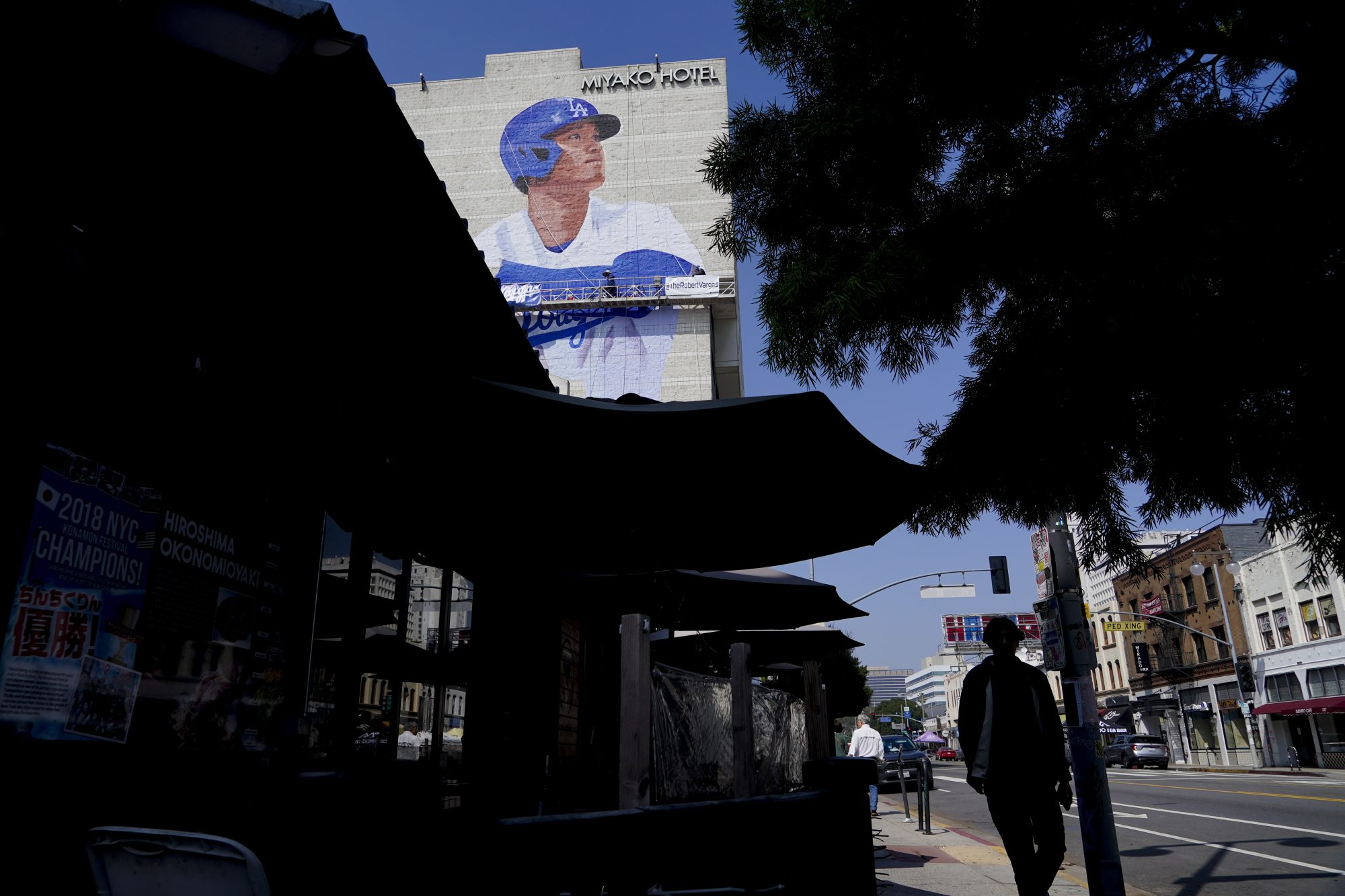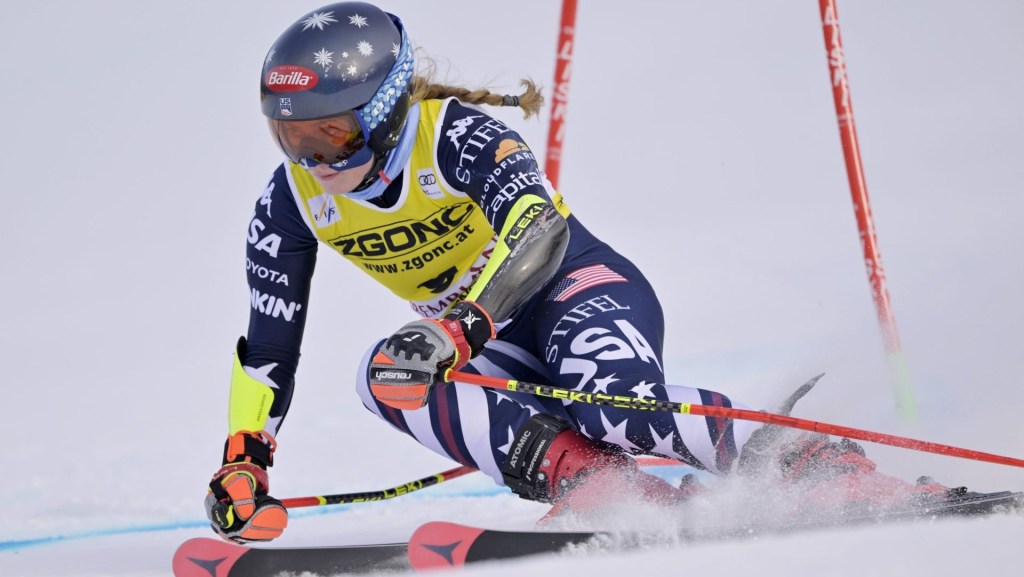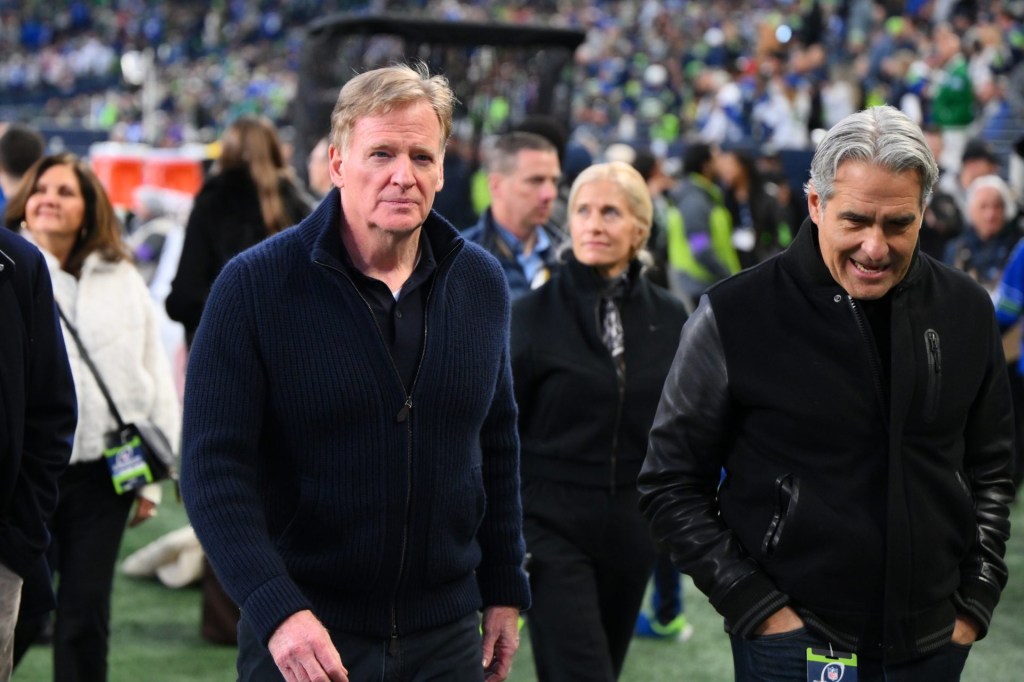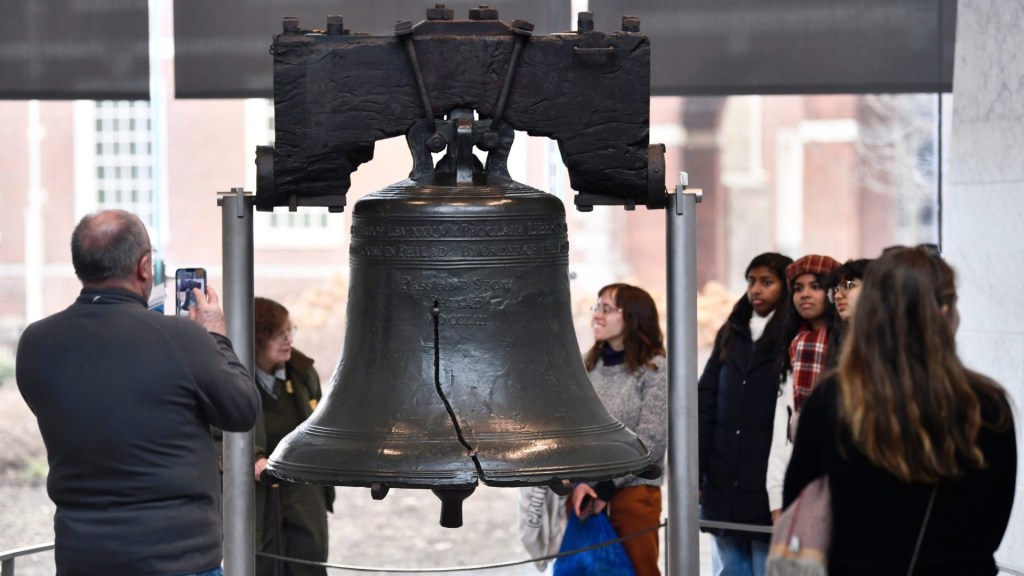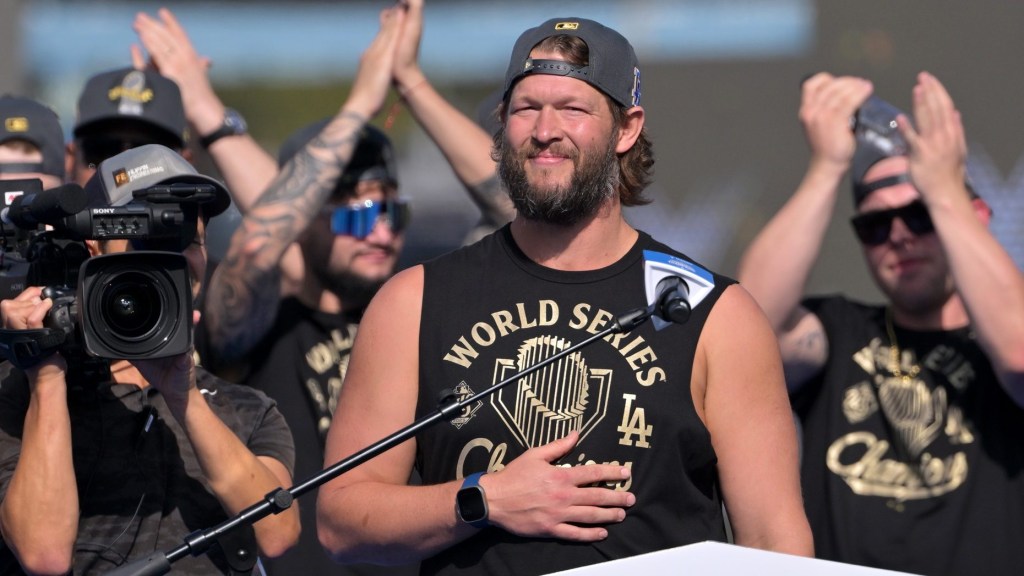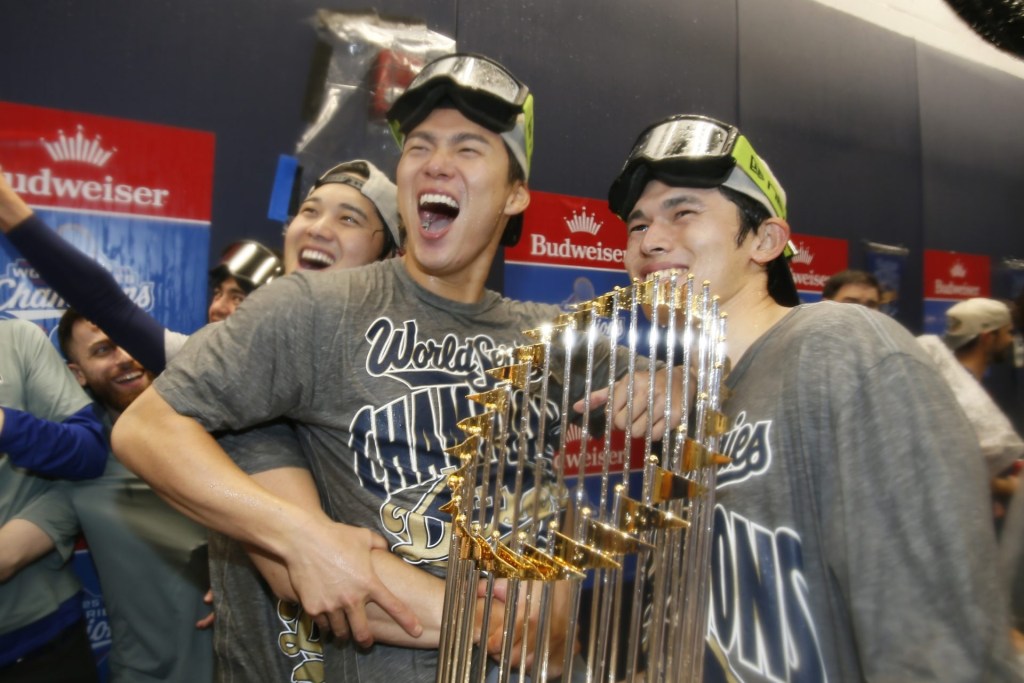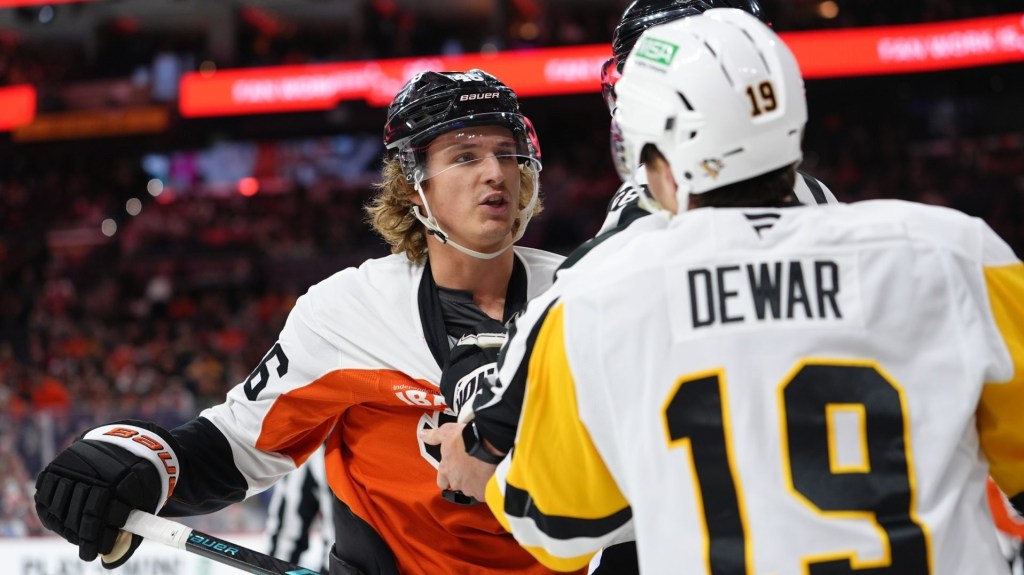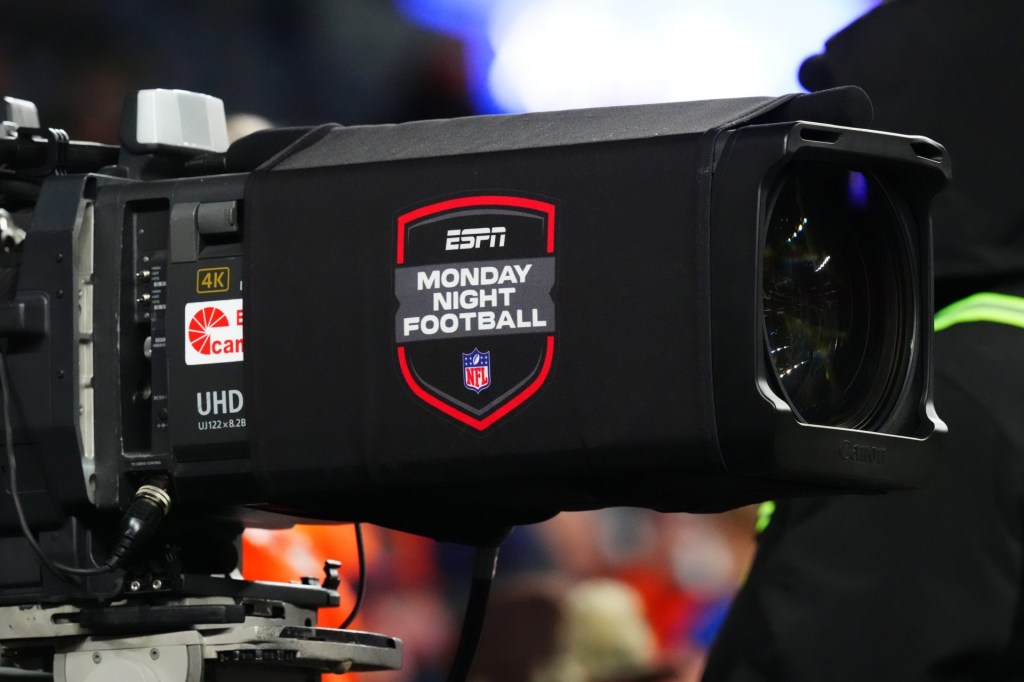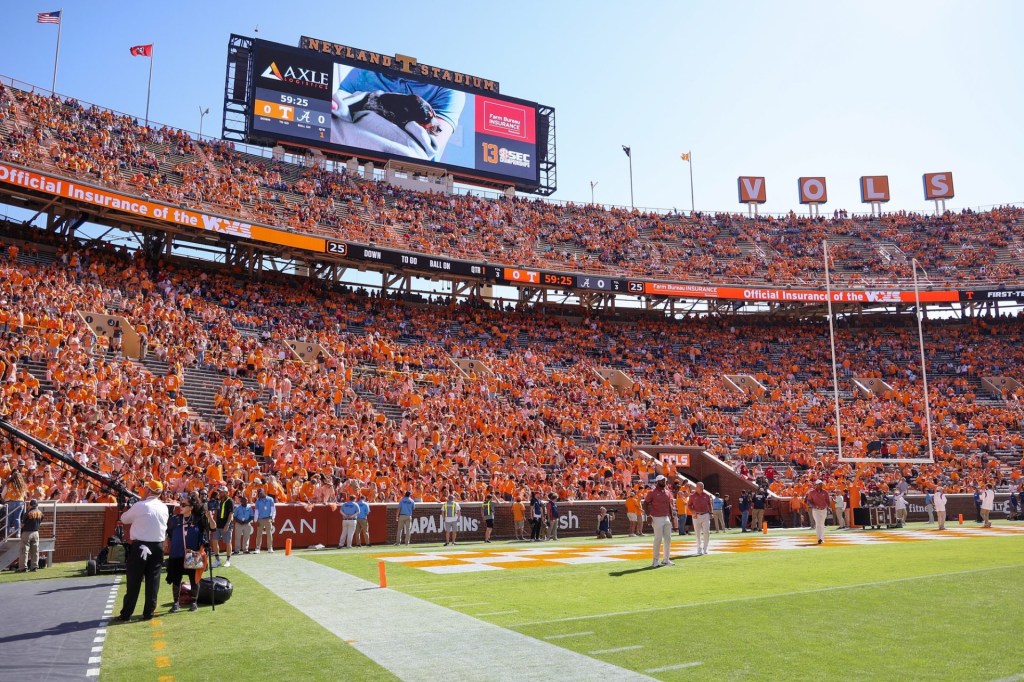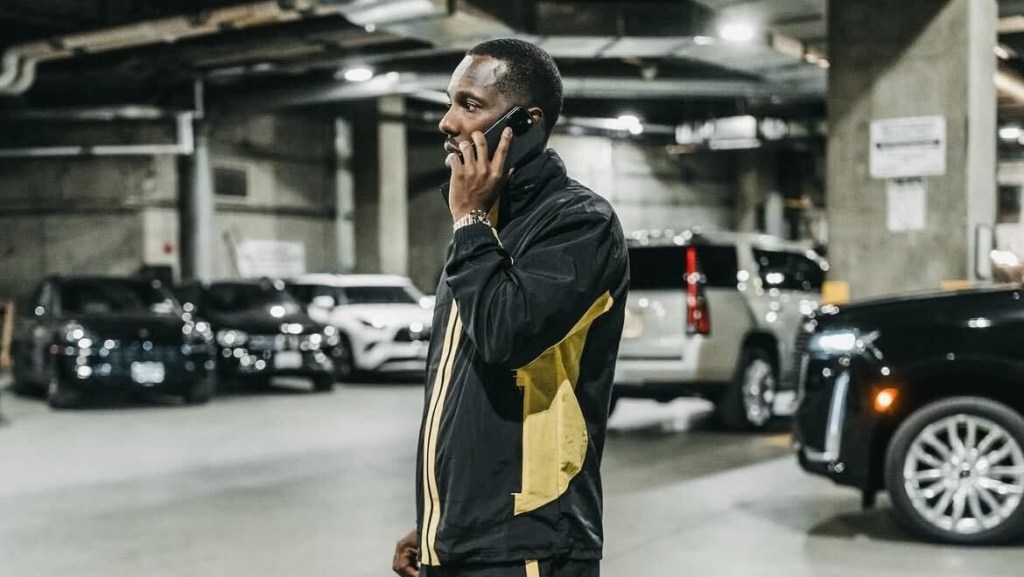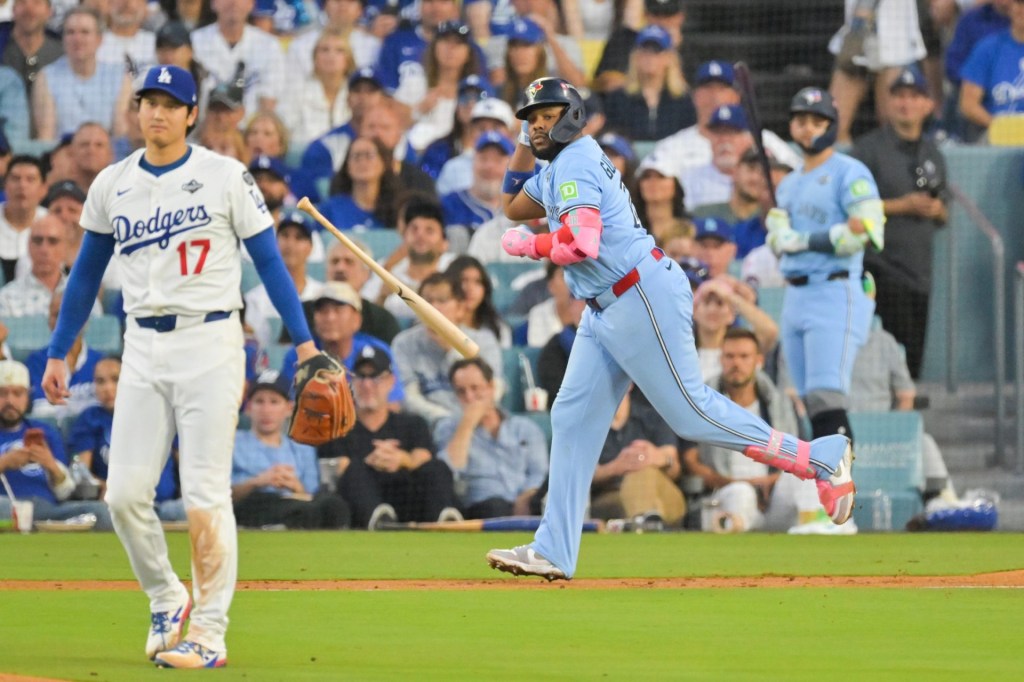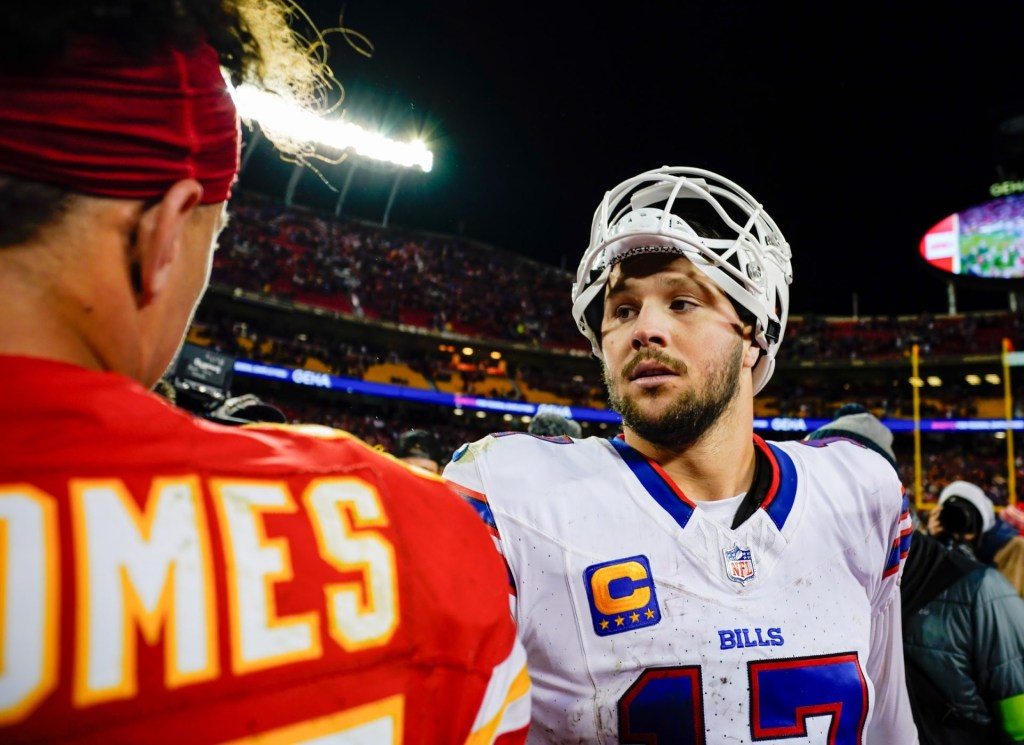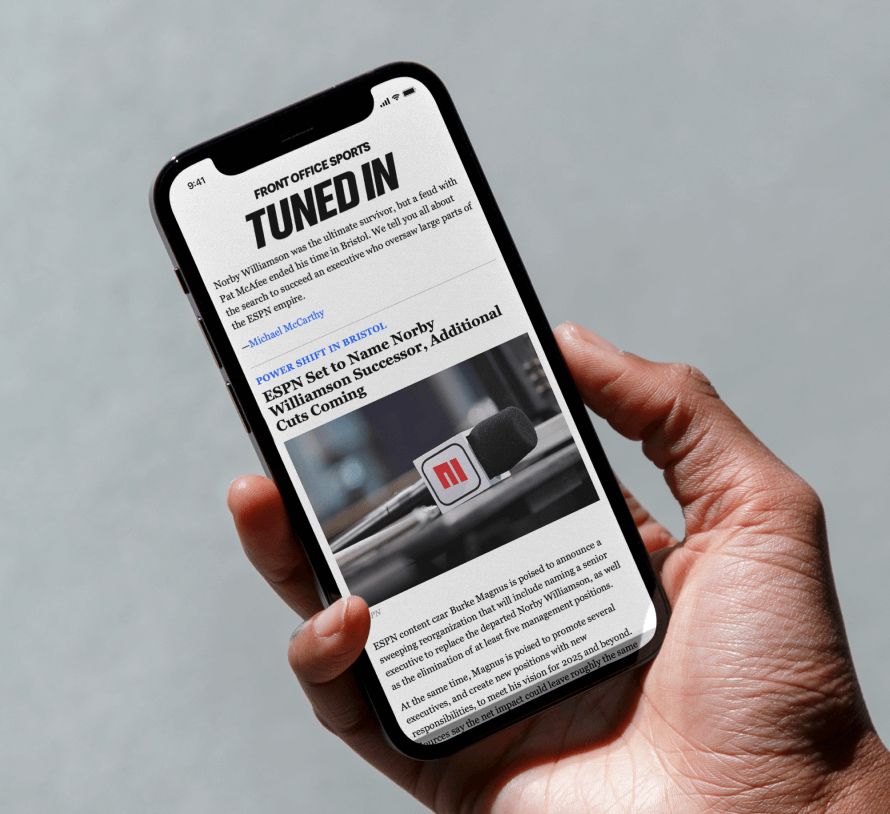With Shohei Ohtani enmeshed in a betting scandal, look for Major League Baseball and other sports leagues to imitate Claude Rains in Casablanca, proclaiming they’re shocked, shocked, to find that gambling is going on before pocketing their winnings.
MLB and the Dodgers can act as shocked they want, but the warning signs have been there, ranging from the suspicions rising around Temple’s men’s basketball team to Cavaliers coach J.B. Bickerstaff warning he’s been threatened by gamblers.
Whatever the truth behind the transfer of millions of dollars from Ohtani’s account to an illegal gambling operation—something for which people around the superstar have already offered shifting explanations—scandal was inevitable given the sports industry’s open-armed embrace of gambling. And, it’s only a matter of time before a genuinely catastrophic scandal erupts involving a player, coach, or a crooked referee like the infamous Tim Donaghy.
It’s easy to forget the dizzying 180-degree turn leagues have done with sports betting. Dating back to the 1919 Black Sox scandal, gambling was viewed as the bane of sports. The NCAA point-shaving scandal of ’61 saw 37 players arrested from 22 colleges. NFL stars Paul Hornung and Alex Karras were suspended for the ’63 season for betting on games. In ’78, gangster Henry Hill of Goodfellas fame organized a point-shaving operation at Boston College. In ’89, Pete Rose, MLB’s all-time hits leader, was slammed with a lifetime ban from baseball over his bets. As late as 2019, Walt Disney Co. chairman Bob Iger vowed the company would not sully its squeaky-clean brand by going into business with a sports betting operator.
So what changed? Blame it on the collapse of the cable TV bundle, the COVID-19 pandemic, and the shifting attitudes of young sports fans.
For decades, the cable TV bundle ruled as the most lucrative business model in sports. Tens of millions of U.S. homes paid for dozens of TV networks they never watched just to get the sports channels they wanted like ESPN, TNT, TBS, and FS1. TV networks, leagues, and teams got rich. With its dual revenue stream from subscribers and advertisers, ESPN became an ATM for parent Disney, enabling Iger to buy companies like Marvel and Pixar. By 2012, ESPN reached a broadcast TV–like distribution of 100 million homes.
But cord-cutting and streaming have wreaked havoc over the last decade. Millions of cord-cutters and cord-nevers have left cable TV behind for streaming platforms like Netflix and YouTube TV. ESPN’s footprint has plunged to around 71 million homes. The pay cable universe could eventually bottom out at 50 million homes or fewer. With the cable bundle in a death spiral, ESPN, Fox, and Warner Bros. Discovery are planning their own streaming joint venture this fall. And ESPN will take its flagship channel direct-to-consumer by 2025.
Cord-cutting wasn’t the only factor. The U.S. Supreme Court’s landmark 2018 ruling striking down the federal ban on sports betting opened the door for teams and leagues to taste the forbidden fruit of gambling. Just five years later, America has been transformed into a “casino,” with sports betting lingo like “parlays” going mainstream. MLB signed FanDuel as its official sports betting partner in ’23. The NFL, which previously spent millions in legal fees to oppose legalized betting, did a complete U-turn, cheerfully signing FanDuel, DraftKings, and Caesars Entertainment as “tri-exclusive” sports betting partners. The league awarded Super Bowl LVIII to Sin City itself: Las Vegas.
Then the COVID-19 pandemic virtually shut down sports, canceling the 2020 NCAA basketball tournaments and costing teams and leagues billions in advertising and sponsorship dollars. The NBA, for example, lost 10% of its revenue for the ’19–20 season, including $800 million in lost gate receipts and $400 million in sponsorship and merchandise sales. Leagues and networks needed to replace that missing revenue somehow. After sitting out the sports betting bonanza for years, ESPN finally waved the white flag and signed a $1.5 billion deal with Penn Entertainment last year to transform the former Barstool Sportsbook into ESPN Bet.
Finally, the leagues and networks view sports betting as a way to engage younger fans. All of the leagues are terrified their graying TV audiences will age out and not be replaced by younger fans more used to TikTok and House of Highlights. ESPN chairman Jimmy Pitaro came around on sports betting after viewing his two sons glued to the gambling apps on their smartphones.
Yes, the proliferation of legal, sanitized betting platforms has made sports gambling safer and more legitimate. Winners don’t have to haggle with street-corner bookies or fly-by-night operators in the Caribbean. But there will always be an organized crime element for one simple reason: The Tony Sopranos of the world offer gamblers credit. And that’s dangerous: What everyone involved in the Ohtani scandal agrees on is that there was a $4.5 million debt run up with an allegedly illegal bookmaking operation.
This week alone, we’ll be endlessly told the only way to enjoy the NCAA tournament is to fill out a bracket and join a gambling pool. March Madness has grown into the second-biggest gambling event of the year, with Americans wagering $15.5 billion on the tournament versus $16 billion for the Super Bowl. That’s fine. But don’t forget that players, coaches, refs, and team employees are getting the message, too.
What happens when a gambling-addicted college athlete or a ref gets so deep in debt to an illegal bookmaker that the only thing they can offer is trying to fix a game or shave some points? I don’t want to think about it. So wake up, sports leagues. A scandal around baseball’s biggest star—on Opening Day no less—is your wake-up call. It’s later than you think.
Michael McCarthy’s “Tuned In” column is at your fingertips every week with the latest insights and ongoings around sports media. If he hears it, you will, too.
